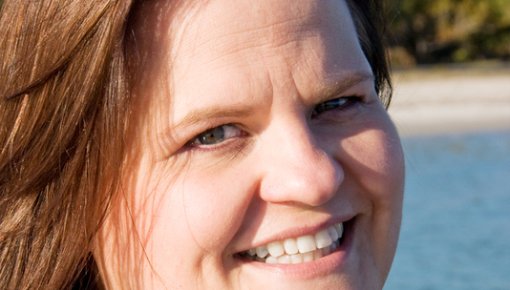I switched my brain off when eating
Of course doctors kept telling me that I had to do something about my weight. But it’s always easier said than done. With five kids, you don't really have much time for yourself. It was always clear to me in my head, but I think my heart wasn’t in it.
My mother always found it hard to understand because I'd always achieved everything I wanted in life. But I never managed to control my weight.
Sometimes I think the fat was a bit like a suit of armor for me. I would always eat if I was stressed, be it positive or negative stress. I would eat when I was happy and eat when I was sad. But also as a distraction when I had nothing to do and was bored. I found it relaxing to sit down and eat.
And I just switched my brain off when eating. Even though I felt sick after eating, it still didn't stop me from tucking in again.

